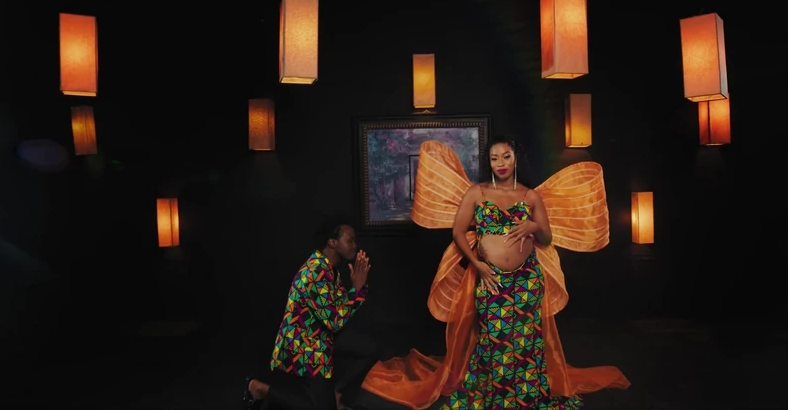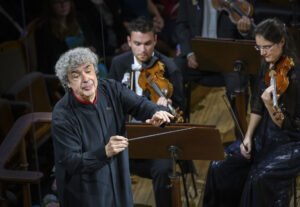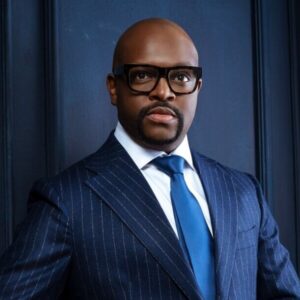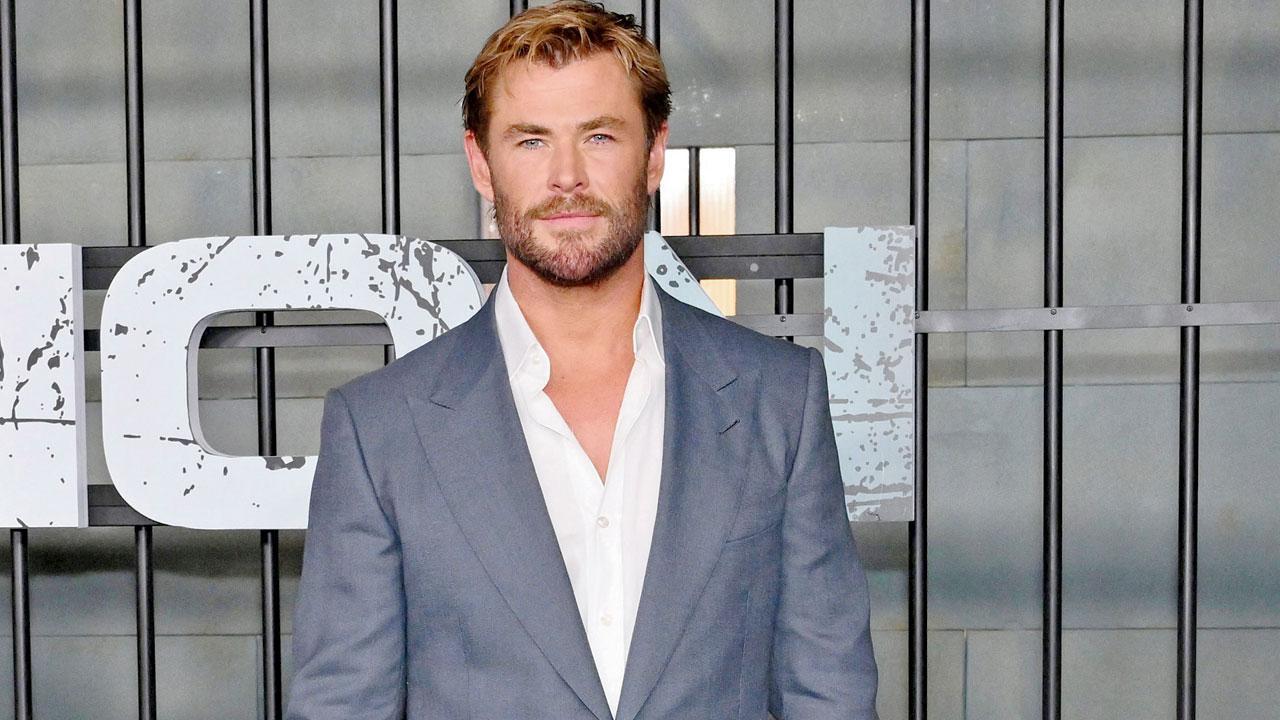
The Harris campaign called for more debates just minutes after their candidate left the debate stage, an offer largely interpreted as the Vice President spiking the football over a debate night victory. A news cycle later, former President Donald Trump rejected the offer. The media is, by and large, getting this wrong and believing the spin.
As a veteran of presidential campaign communication, I can tell you that Mr. Trump made the right call. Here is why.

With just 50 days until Election Day, the Harris team will struggle without the opportunities and oxygen of a larger debate stage. The last debate directly reached 67 million viewers and millions of post-debate coverage impressions, the largest audience either candidate will have in this cycle. At this stage in the race, everything is about the small sliver of undecided voters remaining.
The perception of the average undecided voter is the only perception that matters, and, as usual, it was very different from that of the Beltway bubble. For example, a small focus group by Reuters broke Mr. Trump’s way.
This race will come down to winning undecided voters in five states–or even fewer. Here are seven reasons why Mr. Trump doesn’t need another debate to do that.
1. In nearly every campaign in recorded history, the only incentive to debate is for the losing candidate. This is why Mr.
Trump didn’t debate during the primaries: He didn’t have to. He had nothing to gain from it. If history is any guide, the Harris campaign’s desire for more debates and Mr.
Trump’s refusal probably tell you what they see in internal polls. The Harris campaign rolled out their biggest endorsement of the cycle–from Taylor Swift–just minutes after the debate, something you would never do if you really thought that you had won. 2.
The debate stage was a unique opportunity for Ms. Harris to make news by announcing policy plans–an opportunity she did not take. Because of Mr.
Trump’s decision, this unique platform is now lost for the Harris campaign. Meanwhile, the Trump campaign can continue airing clips of Ms. Harris’s 2020 campaign–such as her previous opposition to fracking.
3. The optics of Mr. Trump accepting a debate offer by Ms.
Harris would have made him look like a follower, allowing the vice president to dictate the terms of the race. It would have made him look weak. If Ms.
Harris really does want more debates, then Mr. Trump can once again dictate the terms of the debate, just as he did in Philadelphia. 4.
Mr. Trump is the most famous politician in the world. Ms.
Harris, on the other hand, is much less known and still introducing herself to the American people. People know Mr. Trump, but many voters feel that they don’t know Ms.
Harris. 5. Ms.
Harris also failed to make Mr. Trump the incumbent in the first debate. Without another debate, it will be difficult to change this perception.
Undecided or late-breaking voters normally vote against the incumbent. 6. The Harris-Walz campaign has attempted to run its own version of the Biden 2020 basement strategy, doing almost no interviews since suddenly ascending to the nomination.
Earned media is the oxygen of any campaign because the average voter trusts it more than a political ad. Ms. Harris and Mr.
Walz have almost completely rejected this channel of communication, while Mr. Trump and especially JD Vance continue to do media interviews. Vice President Harris has had no press conferences since the convention and only had one 30-minute interview with Dana Bash on CNN.
A debate would have been a unique opportunity for earned media–and now that opportunity is gone. 7. ABC blew it.
The key to media coverage, especially in a debate, is to avoid becoming the issue. CNN’s Dana Bash and Jake Tapper did great in the first debate. ABC did the opposite – interrupting, not following up and only fact-checking one candidate, injecting themselves into the outcome and post-debate analysis.
They failed to learn the lesson of Candy Crowley in 2012. Not only did ABC fail to moderate the debate properly, but this failure perhaps was the final straw on their credibility and fairness, undermining their own reporting for at least the remainder of the campaign. Many viewers in middle America will view negative coverage of Trump–and positive coverage of Harris–with skepticism after that performance.
With so little time left, Ms. Harris still needs to adequately reintroduce herself to the public, explain her changes in policy positions, and make Mr. Trump the incumbent in the race.
This will be difficult to do only with 30-second ads, no matter how many. Meanwhile, Mr. Trump will continue to make news at press conferences and interviews, tying Ms.
Harris to Joe Biden, reminding people of her policy shifts, and presenting himself as the candidate of change. For this unique and historic race, there is no debate about whether Mr. Trump made the right call.
Copyright © 2024 The Washington Times, LLC. . Click to Read More and View Comments Click to Hide.














